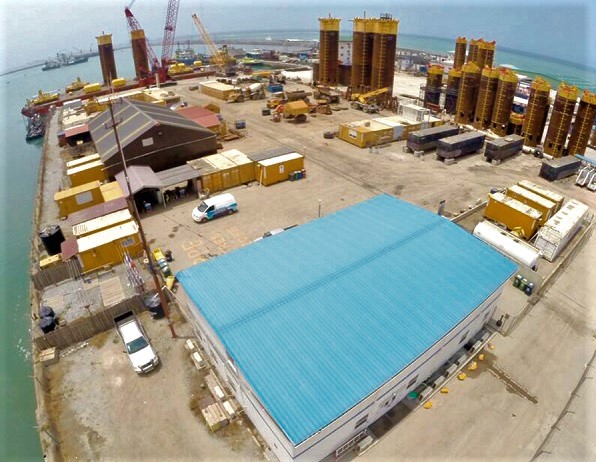
GRA pilots new clearing system at Takoradi Port
The Customs Division of the Ghana Revenue Authority (GRA) has deployed resources and manpower to the Takoradi Port to pilot the Uni-Pass clearance system, effective today, February 21, 2020.
The Uni-Pass is a new port clearing system that processes documents and payments through one window: a departure from the previous system where valuation and classification and risk management and payment were handled by different entities.
The rollout of the system at the Takoradi Port follows its successful piloting at the Aflao Collection Point in the Volta Region, where officials said it enabled the Customs Division to undertake the processing of imports and exports, including temporary vehicle importation services.
The Deputy Commissioner of Customs in charge of Policy and Programmes, Mr Felix Mate-Kodjo, told the Daily Graphic in an interview that the new system did not require manifests of consignment because they were normally on-land operations.
According to him, the pilot, which was in phases, had progressed steadily, adding: “We have ensured that our officers are sensitised, just like our stakeholders, who are the primary users of the facility.”
CUPIA Korea, which is assisting the Customs Division to implement the Uni-Pass system, has described it as an enhanced single window system for trade facilitation.
The company replaces the existing service providers, the Ghana Community Network Services (GCNet), which has operated for nearly 17 years, and West Blue Consulting.
Uni-Pass, which will begin operations at the Tema Port from March 3, this year, is expected to address challenges at the ports.
System integration
Mr Mate-Kodjo said his outfit would ensure that the Uni-Pass system was integrated with the manifest system of shipping lines and those of freight stations at the port, adding that “once we get the connectivity with the shipping lines and other users of the system, including insurance companies that are responsible for the issuance of bonds, then we know that we are fully ready to go”.
According to him, “the project is a big one and if you give yourself very tight timelines, you may encounter challenges which may throw your programme off gear. But by and large, our hope is to get the system running at all ports and points of entry within a reasonable timeline, so we all can enjoy the benefits”.
He explained that with the present arrangement, there would be the need to migrate data from the existing system into the new system.
He said goods that were in warehouses, suspense regime, free zones, including temporary imported goods, as well as old declarations that were in the system, would continue to be processed, while new imports would be inputed into the Uni-Pass system.
“For instance, if the goods are in a warehouse, since the data are with the existing providers, they will have to do the processing on them, whether the goods are for re-export or diversification for home consumption, or any other regime such as warehousing or suspense regime,” Mr Mate-Kodjo said.
